Jackson's View of the Indians Can Best Be Described as
And by that way of thinking Jackson may well have believed that forcing Indigenous peoples to move hundreds of miles westward may have been for their own good since he believed they would never fit in with a White society. Andrew Jackson was the seventh President of the United States from 1829 to 1837 seeking to act as the direct representative of the common man.
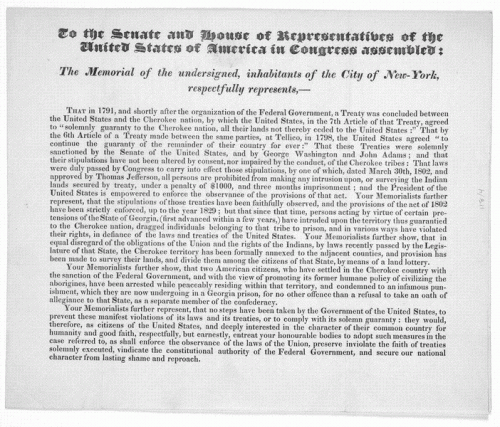
Andrew Jackson And Indian Removal Teach Us History
This was as a result of his dislike towards Native American tribes after experiencing brutality from several tribes when he was working with the military.

. Both owned slaves and Jackson had no particular views on slavery though Jefferson believed slavery was an evil that would eventually end. The word choice Jackson uses to describe Native Americans is considered offensive for he describes them as uncivilized and savage Explanation. US President Andrew Jackson oversaw the policy of Indian removal which was formalized when he signed the Indian Removal Act in May 1830.
Politicians in the previous generations gained precedence due. However earlier treaties with the Americans encouraged trade between the natives and the Americans. Government policy to ward the Cherokee Why was the USs political leadership in such of a hurry to uproot the Amerian Indian population.
Andrew Jackson believed that the Indians should not have the same rights as United States citizens and observed that States had already established jurisdiction over lands that previously belonged. Born to hardy Scotch-Irish stock in the Waxhaws a backcountry region in the then-disputed border between the Carolinas the boy Jackson became a man in the brutal guerrilla warfare between the British the Tories and the Patriots. Andrew Jacksons policy toward Native Americans has been viewed skeptically by historians.
Jacksons Indian Removal Act resulted in the forced displacement of nearly 50000 Native Americans and opened up millions of acres of their ancestral land to white settlement. Tribes cultures should be protected. It will incalculably strengthen the southwestern frontier and render the adjacent states strong enough.
Andrew Jacksons desire to serve the interests of the common man did not extend to African and IndiansIt was during his administration that the policy of removal forcing Indians to move to lands west of the Mississippi River became the official federal strategyRemoval efforts were centered on the so-called Five Civilized Tribes the Cherokee. Jackson also believed them to be like children who needed guidance. Andrew Jackson signed the law to remove the native Americans out of their lands to be then inhabited by white citizens.
The Indian Removal Act authorized a series of migrations that became known as the Trail of Tears. Andrew Jacksons attitude toward American Indian tribes is often described as paternalistic. Jackson viewed them as a conquered subject who had two choicesadopt white culture and become citizens or move into the western territories.
Helpful 0 Not Helpful 0. Andrew Jackson defended the indian removal act very well. This was devastating to Native Americans their culture and their way of life.
Jackson supported the removal of Native Americans at least a decade before his presidency. Which of the following statements best explains his views. He made it sound like a perfect thing for the american people to do and grow from even though it was a tragedy for the indian people and their land.
It is best known for the Indian Removal Act which was first proposed by. Andrew Jacksons term as president 1829-1837 began a new era in American politics. Jefferson did not view natives as equals.
Jackson and the Indians. Tribes need to be helped and guided toward removal. Jackson also had a negative attitude towards the Native Americans.
See answer 1 Best Answer. Andrew Jackson lived a truly epic life. He believed they were not civilized.
Tribes should be protected from settlement. He told the people that it will make america a super nation. More nearly than any of.
What word best describes Andrew Jacksons treatment of American Indians. Why did the whites pressure he government to force the cherokee out of georgia. The lives of the Native Americans in New Spain were very dictated do to the fact that the Spanish were telling the Native Americans what their jobs should be and what religion they should convert to.
Which of the following statements best explains his views. For the first time in the United States history a man born in humble circumstances was now President. The most controversial policies toward Native Americans were displayed by his support to resettle Native American in Indian land west of river Mississippi.
In the letter to the Congress Jackson describes the Indians as savages who have no value for civilization or liberty and that it would be best for them to be separated from the modern society Jackson 1830. On the other hand Jackson saw to it that the BUS was actually demolished. He routinely called Indians savages and people of mixed heritage half-breeds and he was unshakable in his conviction that Indians should be removed from the South.
As an army general he had spent years leading brutal campaigns against the Creeks in Georgia and Alabama and the Seminoles in Florida -- campaigns that resulted in the transfer of hundreds of thousands of acres of land from Indian nations to white farmers. Tribes need to keep their traditional lands. The promise to rescources to gold on tribal ground outweighed any commitment to Amerian Indian land rights Based on the example of US.
Andrew Jacksons attitude toward American Indian tribes is often described as paternalistic. Jackson joined the local militia as a courier and when captured by the. 1 Jacksons policies supported the expansion and control of.
The political and cultural relationship between Indians and American whites prior to the 1820s can best be described as ambivalent given that significant blending of cultures had occurred in an atmosphere of lingering mutual distrust.
/cdn.vox-cdn.com/uploads/chorus_asset/file/6367391/Battle_of_New_Orleans.jpg)
Andrew Jackson Was A Slaver Ethnic Cleanser And Tyrant He Deserves No Place On Our Money Vox
:no_upscale()/cdn.vox-cdn.com/assets/4640491/trailoftears_robert_lindneux.jpg)
Andrew Jackson Was A Slaver Ethnic Cleanser And Tyrant He Deserves No Place On Our Money Vox

Andrew Jackson To The Cherokee Tribe 1835 Ap Us History Study Guide From The Gilder Lehrman Institute Of American History

Andrew Jackson As The Great Father Sits In An Armchair Holding Two Diminutive Native Americans On His Lap With Others Nearby At His Feet The 1835 Cartoon Satirizes Jackson S Belief That The
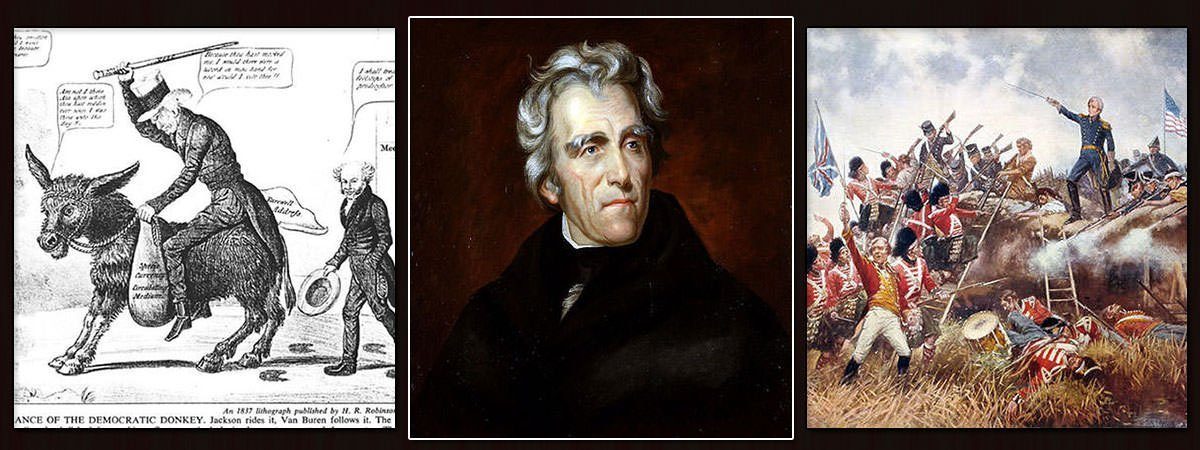
10 Major Accomplishments Of Andrew Jackson Learnodo Newtonic
Indian Removal Policy Looking Back On Andrew Jackson

28th May 1830 The Indian Removal Act Signed Into Law By President Andrew Jackson Youtube

Andrew Jackson And The Indian Removal Act Of 1830 Brewminate A Bold Blend Of News And Ideas
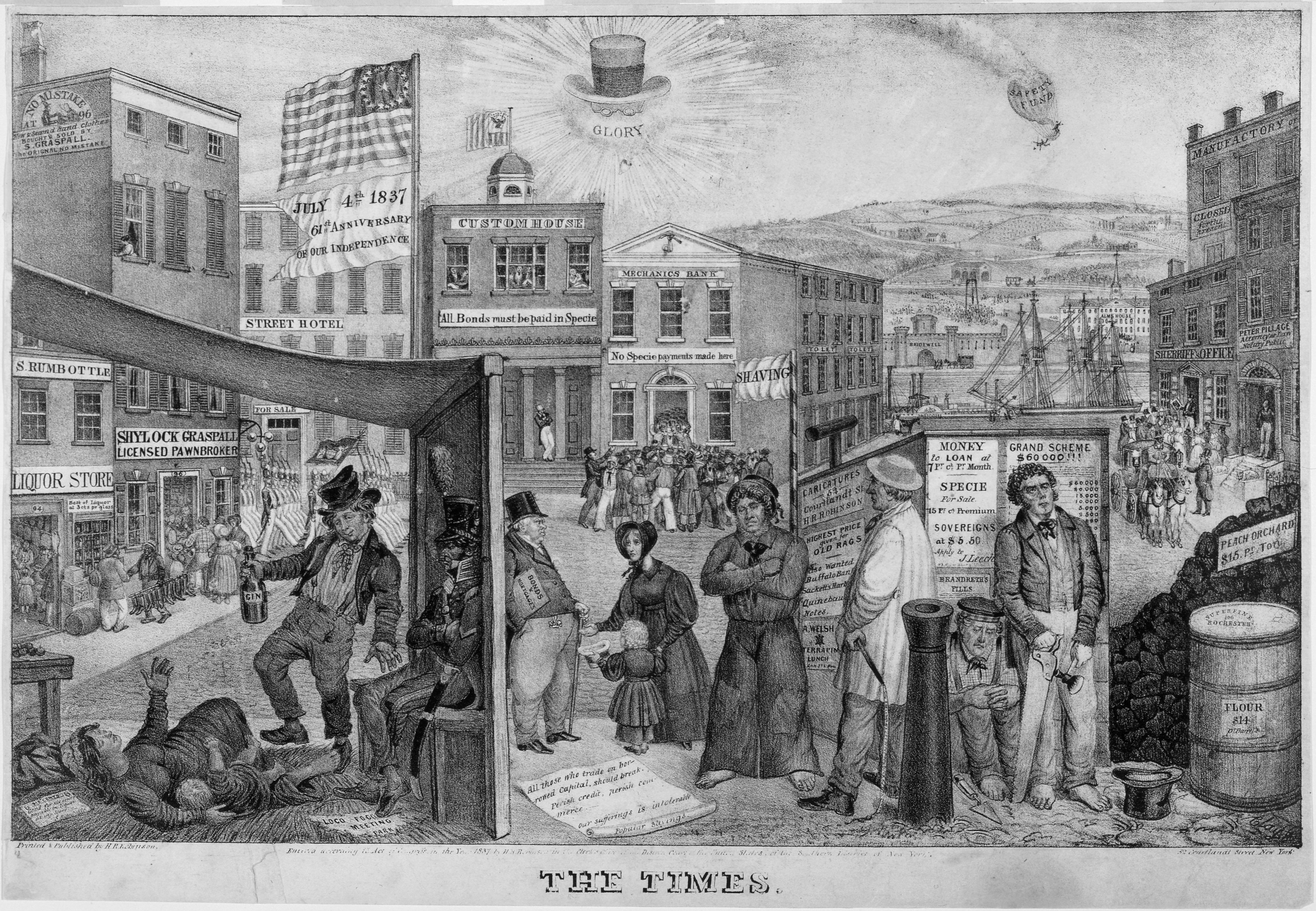
The Presidency Of Andrew Jackson Article Khan Academy
The War Of 1812 And Indian Wars 1812 1821 Andrew Jackson Timeline 1767 1845 Articles And Essays Andrew Jackson Papers Digital Collections Library Of Congress

William L Clements Library Image Bank Andrew Jackson As The Great Father
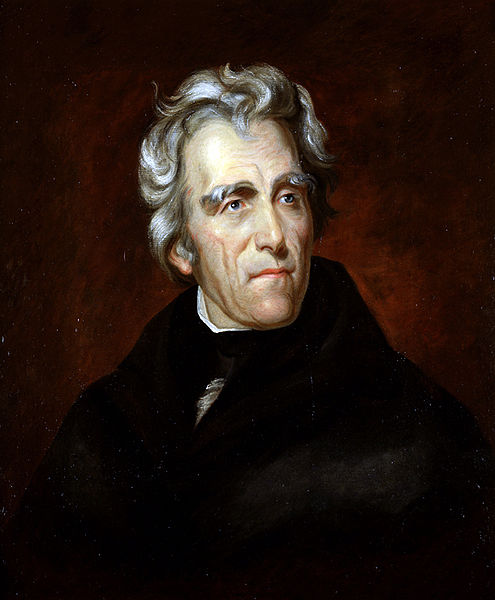
The Presidency Of Andrew Jackson Article Khan Academy

The Rise Of Andrew Jackson Britannica

Andrew Jackson Presidency Facts Children Biography

Book Review Driven West Andrew Jackson And The Trail Of Tears To The Civil War By A J Langguth The New York Times
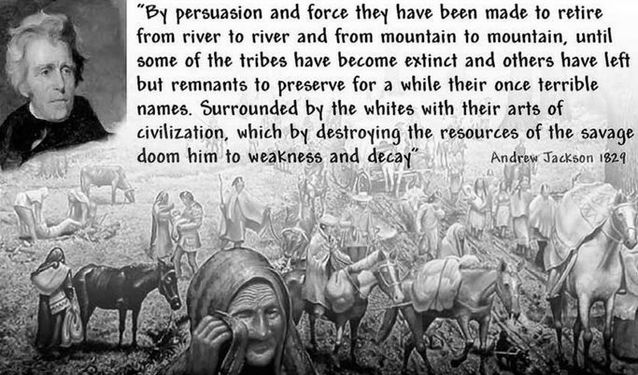
Chapter 10 Section 3 Indian Removal Quizizz
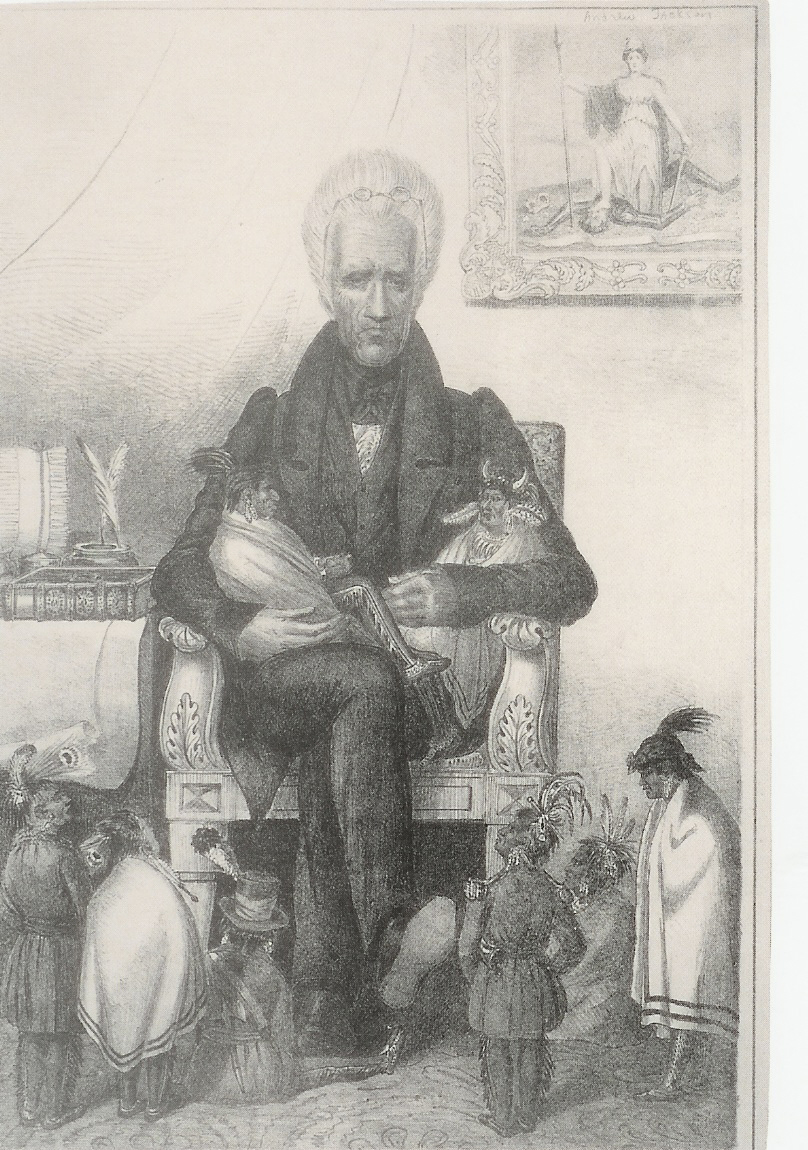
Jackson Indian Quotes Quotesgram

Trail Of Tears Indian Removal Act Facts Significance History
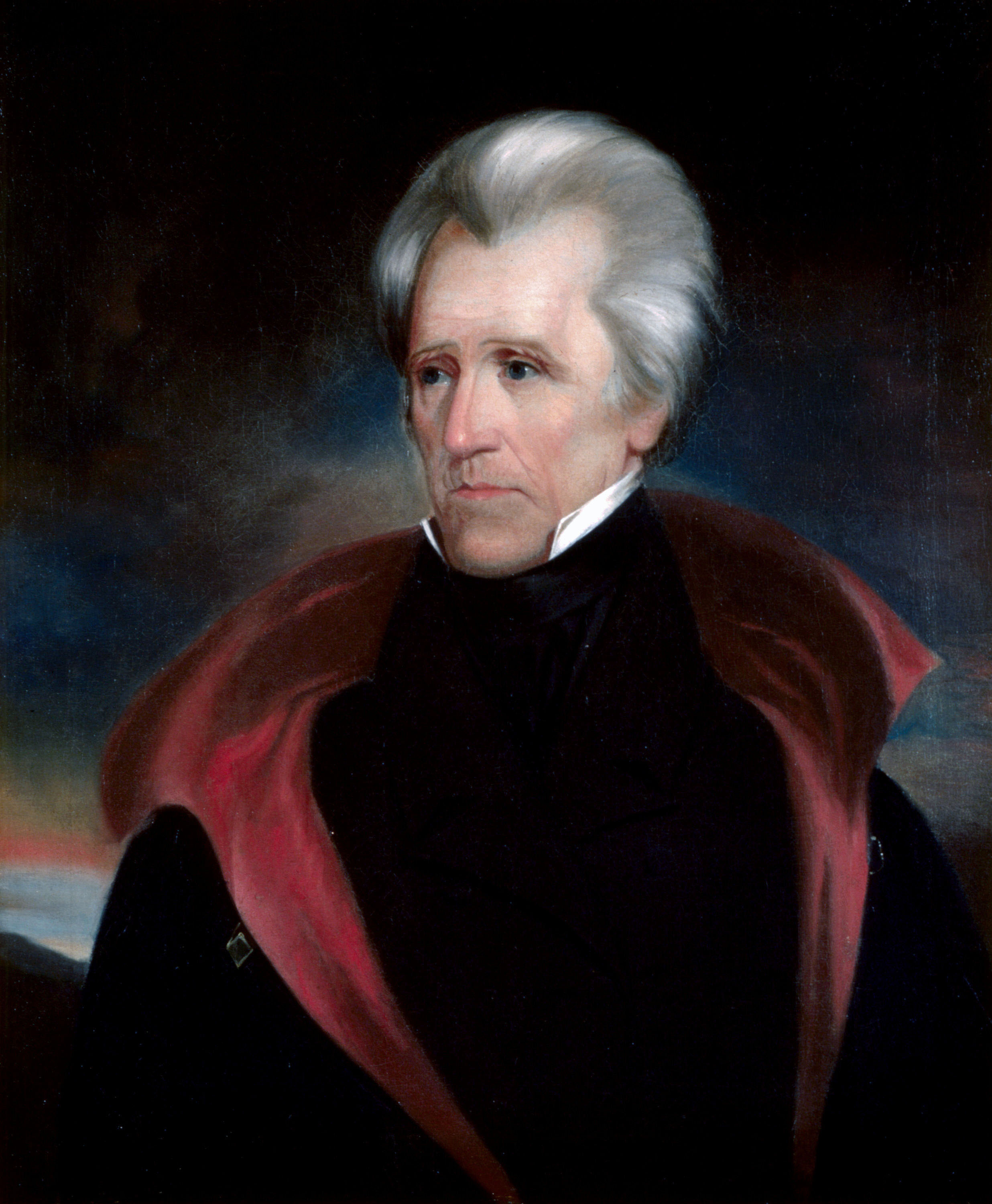
Andrew Jackson Facts Information And History On The Life Of The 7th U S President
Comments
Post a Comment